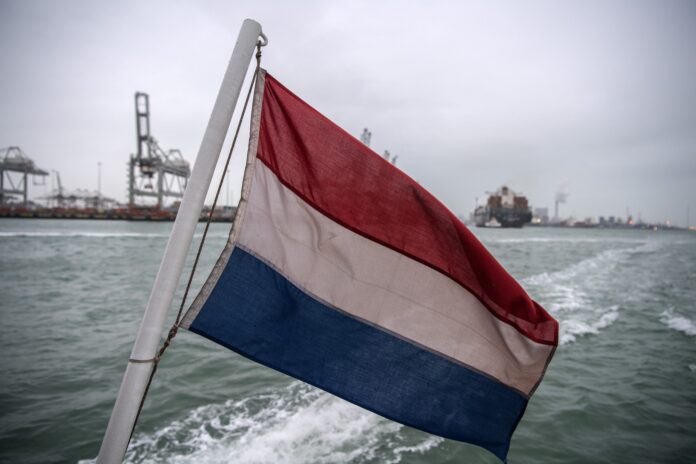The Netherlands has closed its consulate in the southwestern city of Chongqing, a move that comes as China struggles to attract foreign investors, according to Bloomberg.
The Dutch Embassy in Beijing said in a post on X, formerly known as Twitter, on Friday that it would handle matters related to Chongqing and nearby provinces in the future.
Dutch representatives told a gathering of foreign business people Friday in Chengdu that they were closing the consulate because the nation’s business presence in the area was limited, according to a person in attendance who asked not to identified discussing private matters.
China’s Foreign Ministry didn’t reply to a request for comment on Monday. The Dutch Embassy in Beijing declined to comment.
China said last month that foreign businesses’ direct investment in 2023 increased by the lowest amount since the early 1990s. That data underscored challenges for the nation as Beijing seeks more overseas funds to help its halting economic recovery.
Divisions between Beijing and Brussels have deepened over the war in Ukraine and trade issues, especially over electric vehicles, though there’s no indication the consulate closure is related. Last year, the Netherlands’s intelligence service said China posed the “greatest threat” to Dutch economic security despite being an important trade partner.
The Dutch government has also joined US efforts to curb China’s access to certain high-technologies, a move that prevents chipmaker ASML Holding NV from selling certain equipment to the Asian nation.
Only a few nations have consulates in Chongqing, including Japan, Canada and Hungary. In 2020, China ordered the US to close its diplomatic office in the nearby city of Chengdu in retaliation for the Trump administration’s decision to shutter the Chinese mission in Houston.
Separately, authorities in nearby Sichuan province recently stopped two journalists working for the Dutch public broadcaster NOS from covering a protest at a bank and held them several hours, the Foreign Correspondents’ Club of China said in a statement.
When asked about the incident Friday at a regular press briefing in Beijing, Foreign Ministry spokesperson Mao Ning said she wasn’t aware of it but that China protects the rights of foreign journalists.


